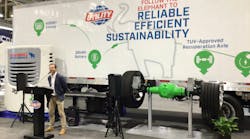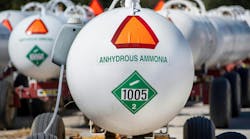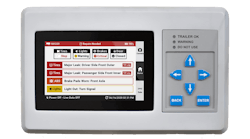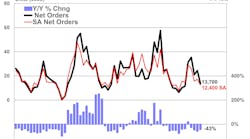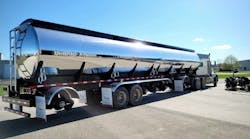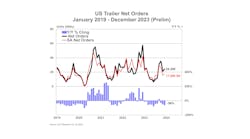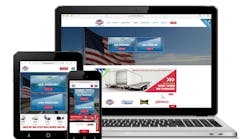Marmon Highway Technologies (MHT) companies will no longer sign multi-year supply agreements with customers that call for annual mandatory price reductions or “cost downs” and prevent full recovery of unavoidable cost increases, MHT President Kelly Dier announced .
MHT companies must maintain reasonable margins in order to continue to develop innovative, high-quality products for the trucking industry, he said.
“Unfortunately, a number of the predictions that some of us made in early 2009 regarding political instability, global sourcing, logistics costs and diesel fuel prices have come to pass,” Dier said. “In addition, currency valuations and domestic demand, particularly in China, exacerbate the problem. These significant shifts are fundamentally affecting the way we do business. The ability to continually curtail costs by chasing lower-cost labor around the globe is fading fast.”
MHT companies, under many well-known brands – Fontaine, Webb Wheel, TSE Brakes, Triangle, Fleetline, NuLine, Hogebuilt and others – engineer, manufacture and supply a broad range of products to the highway transportation industry. Products include brake systems, platform trailers, fifth wheels, leaf springs, spray suppression equipment, specialty drive axles, truck modifications and more.
“Our businesses are not immune to the rapid escalation of energy costs and commodity prices,” Dier said. “Inflation fears in operating costs are becoming an everyday reality, and we have to recover unavoidable cost increases. To do otherwise would not only weaken our businesses, but also would ultimately undermine the level of R&D, innovation, quality and reliability that our customers absolutely expect and depend on from MHT companies.”
In the face of these economic challenges, MHT companies have taken several steps to mitigate rising costs and maintain competitive pricing. They have developed inventive new product designs that drive down material costs and require less labor to produce. They have deployed more efficient manufacturing processes that have reduced labor content by up to 50 percent. And they have continuously applied lean-oriented 80/20 business principles to all functional areas to significantly reduce overall overhead costs.
“We have passed virtually all of these cost savings on to our customers,” Dier said. “MHT companies remain committed to controlling costs, carefully managing supplier partnerships to ensure high quality and uninterrupted supplies, and developing new products that will help our customers improve their own profitability.”
